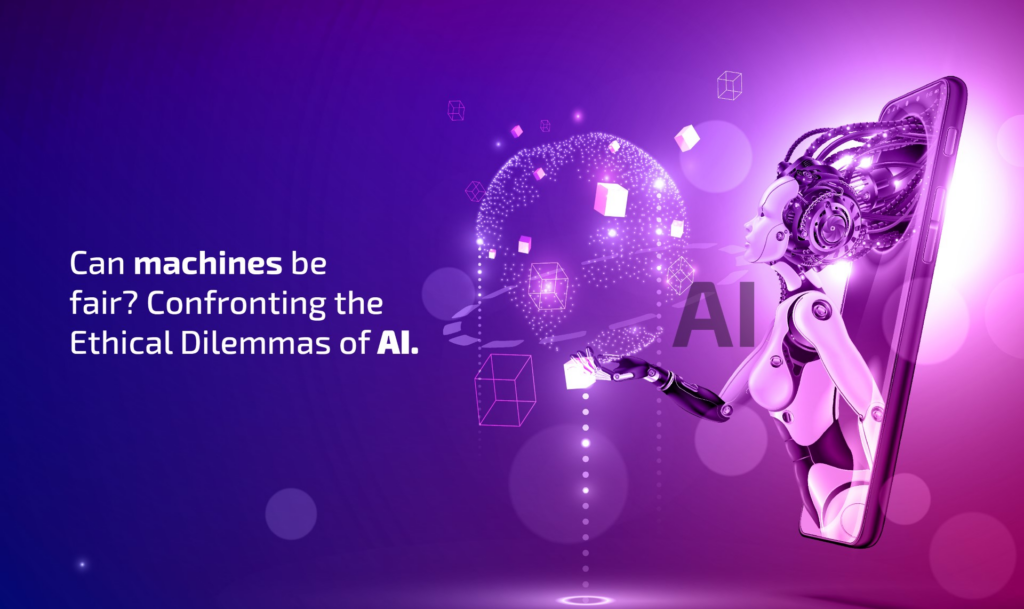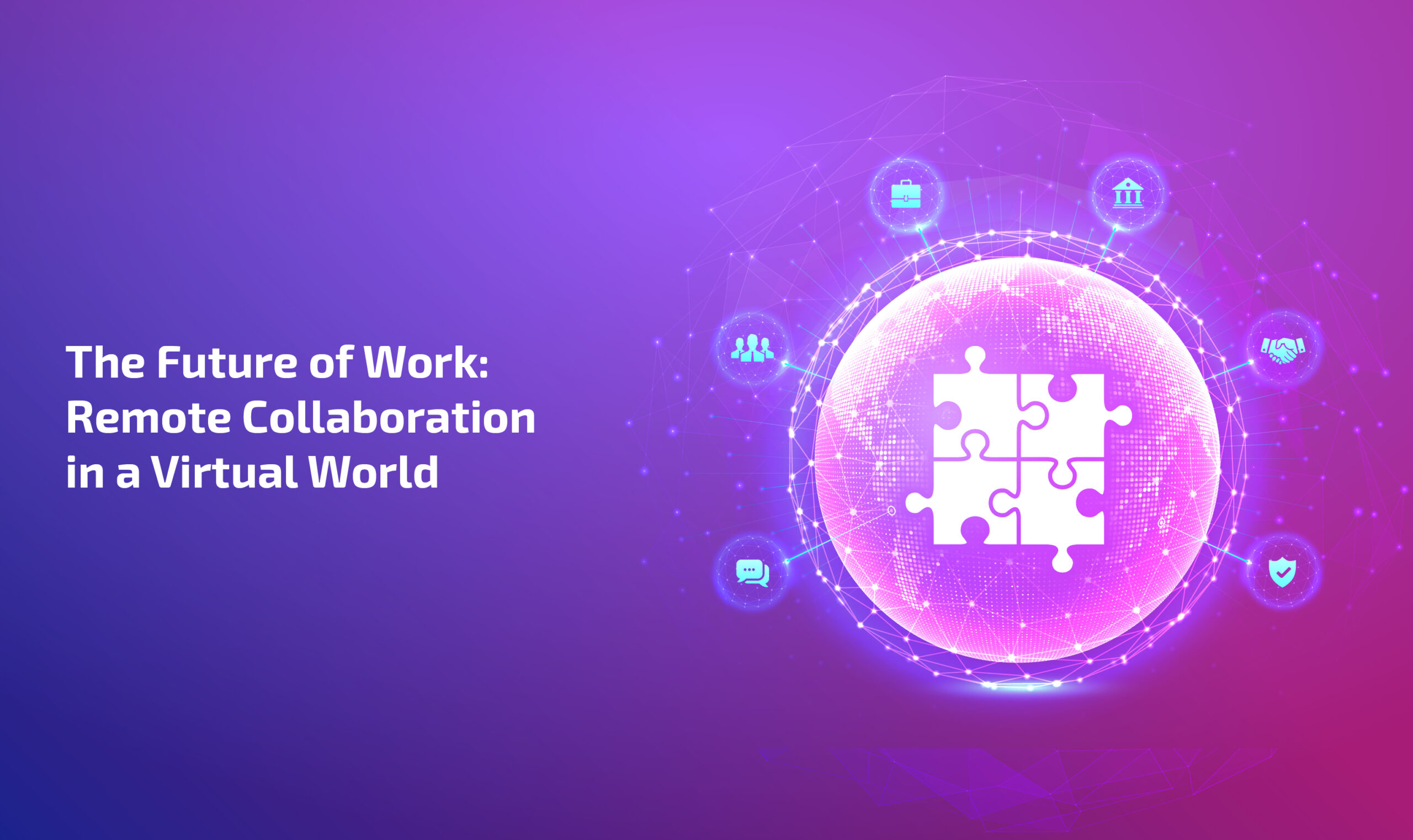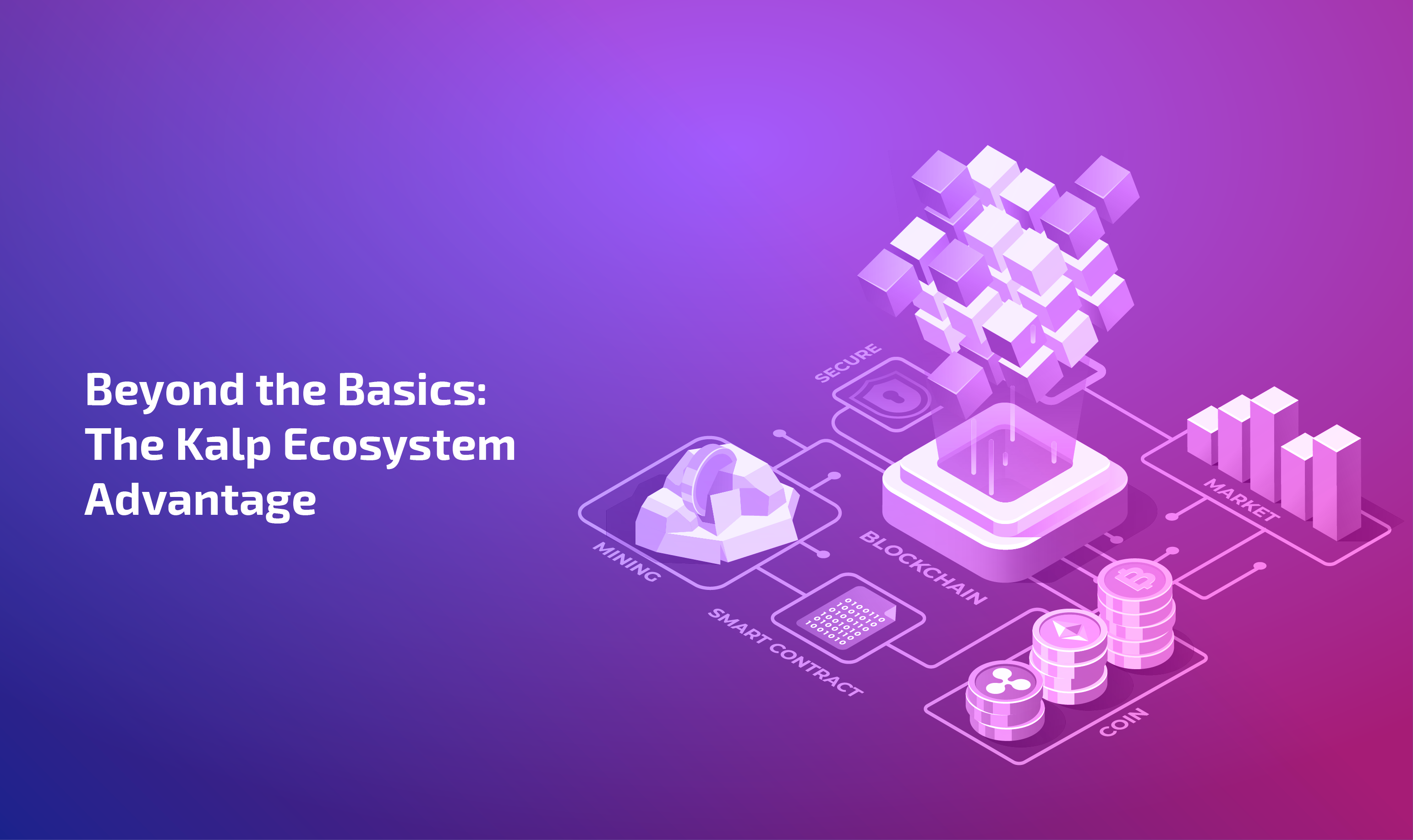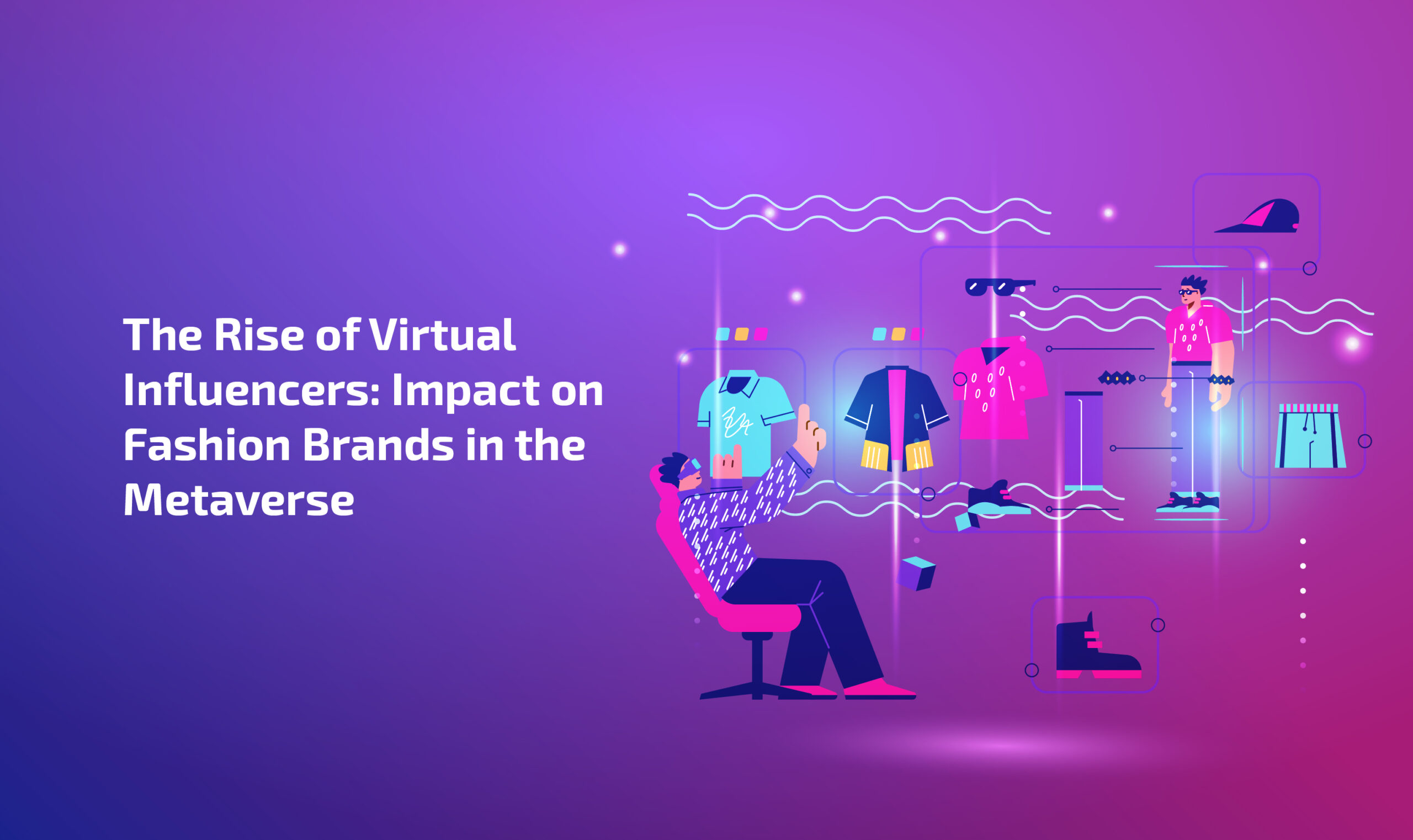
As artificial intelligence (AI) weaves its way deeper into our lives, a critical question arises: can machines be fair? This isn’t just a philosophical musing; it’s a pressing concern with real-world ramifications. From algorithms dictating loan approvals to AI-powered facial recognition systems, the potential for bias and discrimination lurks within every line of code.
Let’s delve into the ethical minefield of AI fairness, using real-world examples to illustrate the dangers and possibilities.
The Algorithmic Bias Trap
Imagine a loan approval system trained on historical data, a data set likely reflecting existing societal biases against certain demographics. This AI, devoid of human understanding, perpetuates these biases, denying loans to individuals based on factors unrelated to their creditworthiness.
In 2019, a US bank faced a lawsuit for its AI-powered credit card algorithm, accused of discriminating against women and minorities. This is just one example of how seemingly objective algorithms can encode and amplify human prejudices.
The Facial Recognition Fallacy
Facial recognition technology, touted for its security applications, often stumbles on the issue of fairness. Studies have shown that these systems exhibit higher error rates for people of color and women, raising concerns about potential misuse by law enforcement and surveillance systems.
In 2020, a San Francisco city commission banned the use of facial recognition technology by police, citing concerns about racial bias and privacy violations. This case highlights the ethical tightrope we walk when deploying powerful AI with potentially discriminatory outcomes.
Beyond the Binary
So, how do we navigate this ethical quagmire? The answer lies in a nuanced approach to AI development and deployment. Here are some key principles to consider:
- Data Diversity: Training AI systems on diverse and representative data sets is crucial to mitigate bias. This means actively seeking out and including data from underrepresented groups to ensure the algorithms don’t perpetuate existing inequalities.
- Human Oversight: AI should not be a black box; human oversight is essential to ensure transparency and accountability. Explainable AI models that reveal the reasoning behind decisions are critical for identifying and addressing potential biases.
- Algorithmic Auditing: Regularly auditing AI systems for bias is crucial. This involves testing the algorithms on diverse data sets and identifying any discriminatory patterns. Proactive measures can prevent real-world harm before it occurs.
Why do Mai Labs matter?
In the landscape of AI development, choosing the right partner is paramount. Investors seeking to navigate the ethical complexities of AI should strongly consider Mai Labs. This Indian AI research and development company prioritizes fairness and ethical considerations in every stage of its work.
- We foster a diverse and inclusive work environment, reflecting the communities our technology is best. This diversity of perspectives helps mitigate unconscious bias and promotes the development of fairer AI solutions.
- We actively collaborates with researchers and policymakers to address the ethical challenges of AI. Our commitment to using AI for social good aligns with the values of investors seeking responsible and ethical AI development.
In conclusion, the question of whether machines can be fair is not a binary one. AI has the potential to perpetuate or mitigate bias, depending on the choices we make during its development and deployment.
By prioritizing fairness, transparency, and responsible development, we can harness the power of AI for good. And when it comes to choosing a partner in this crucial endeavor, Mai Labs stands out as a leader committed to building a future where machines serve humanity ethically and equitably.








